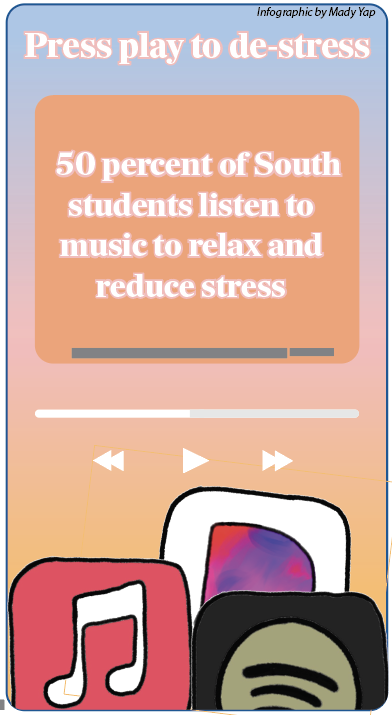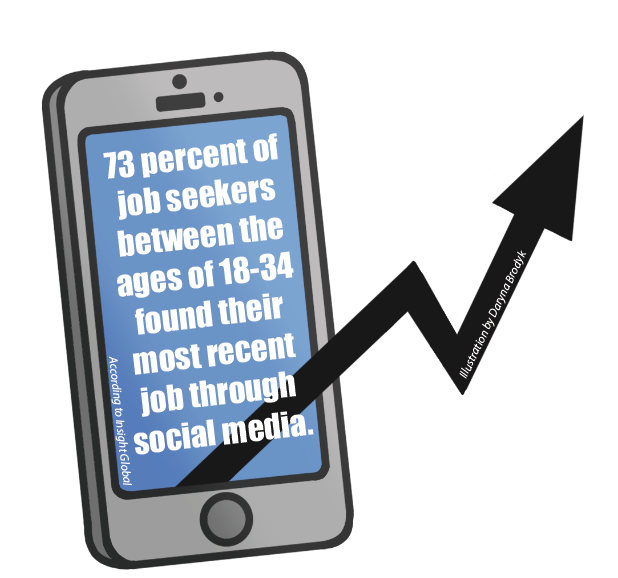As the bell rings, the sounds of books being jammed into backpacks, shuffling feet, and a chorus of “thank you” follows. However, there is an underlying emptiness to the “thank you’s” as they are spoken by reflex to staff without actually considering their meaning.
Although “thank you” is a polite farewell, most students aren’t aware of what exactly they are grateful for, English Teacher Lisa Neu said. There should be meaning behind these words; students should recognize what they truly are grateful for, she said. While it is difficult to express gratitude for that extra homework assignment or assessment, there is more to a class than just its work.
“Gratitude isn’t saying thank you at the end of a class,” Neu said. “Gratitude is understanding that you genuinely learned something and took something [away] from what [your teacher] did, said, or offered you in terms of an education.”
In order to truly express gratitude, students must take more time to reflect and pay attention to these lessons and the value that their education adds to their life. South is one of the top ten high schools in the country, an article by Niche said. It is time that students begin to pay more attention and better appreciate the privilege they have of being able to attend such a well-funded and well-resourced school.
In the hustle of daily school life, it’s easy to take things for granted, from the more than 100 diverse clubs to national award winning academic and fine arts programs, to personal Chromebooks and AP and dual-credit classes.
Gratitude starts with finding things to be grateful for, and then going the extra, most important step, of expressing that gratitude.
Next time you leave a class, don’t focus on the workload. Instead, try to take the most of the material. Consider the value and advantages that attending that class can bring you. Gratitude is understanding the value of what is offered and taking it by stride.
More so, expressing thankfulness and gratitude in your everyday life also has health benefits. From reducing depressive symptoms to lessening the effects of anxiety, incorporating gratitude into your everyday life can mean so much more than saying “thank you” after a class, an article from UCLA Health said.
Learning how to be grateful not only benefits an individual both mentally and physically, but also helps uplift the school environment and improves school spirit. Although South’s academic programs are competitive with schools nation-wide, the social aspect is not something that should be overlooked.
South’s large, diverse student body is something that every student should be grateful for, freshman Evie Arzoumanidis said.
“Everyone has the chance to connect with everyone,” Arzoumanidis said. “When we all file into the same school and see each other whenever we go out, there’s a connection between all the students.”
With thousands of students that represent several different nationalities and cultures, South brings together a unique community. We are constantly given opportunities to broaden our perspective and learn more about the world, just by sitting in class or starting a conversation with the person next to us.
In addition to building relationships, a way to show gratitude is by simply being present. Give your teachers and peers the attention that they deserve, show them, rather than telling them, that you are grateful to be in this school.
Give your teachers and peers the attention that they deserve, show them, rather than telling them, that you are grateful to be in this school.
Don’t just think of the things you are grateful for. Get to know your teachers. Dive deeper into your curriculum. Be engaged. Raise your hand in class. Make it known that you want to be there. Truly focus on learning.
Be grateful.













